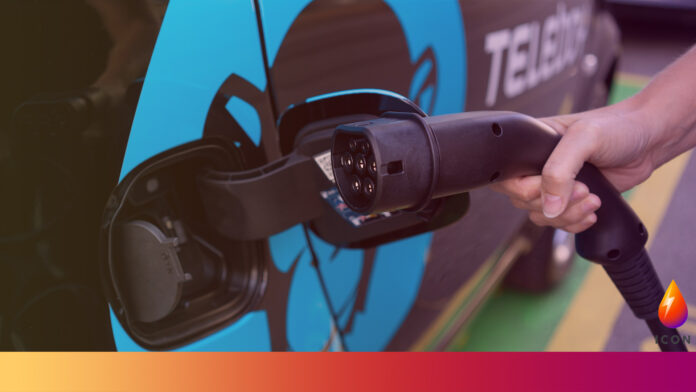
Energy regulator Ofgem has set out how it will support the rollout of electric vehicles (EVs) in Britain, ensuring that the infrastructure and technology is in place for the estimated 14 million EVs expected to hit the roads by 2030.
This will include:
- Ensuring the energy network is prepared for EV uptake. Ofgem is set to ensure network capacity is in place to support the rollout of electric vehicles, with billions more in network investment expected to follow as part of their next network price control. Investment is already taking place, with £300 million approved by Ofgem in May 2021, half of which will be used to develop EV infrastructure, including rapid charge points.
- Making connections to the energy network easier. Ofgem is proposing to bring down costs for large users, such as electric vehicle charging stations, of connecting to the grid where reinforcement is required. This is an important change that will enable a greater number of people to have access to charge points where they need them.
- Maximising the benefits of smart charging. Ofgem has already announced its decision to introduce Market-wide Half-Hourly Settlement, which will ‘place the right incentives on energy suppliers to develop and offer new tariffs and innovation that encourage more flexible use of energy, for example time of use tariffs, automation, vehicle to grid solutions and battery storage.’
- Working to support the development of vehicle-to-grid. According to Ofgem, vehicle-to-grid technologies will help reduce the amount of electricity generation needed at peak times. According to National Grid ESO, exporting electricity through vehicle-to-grid, if combined with an uptake of smart charging, could reduce peak demand equivalent to the generation capacity of up to ten large nuclear power stations. This would reduce the overall cost of running the electricity system and help keep bills lower for all consumers, including those who do not own electric vehicles
- Helping drivers switch to EVs. Ofgem will work with energy suppliers and innovators to make sure there are a range of products, services and tariffs for UK energy consumers to take advantage of. It will ensure consumer protections are updated to keep up with technological and business model change.
More information about this announcement is available on the Ofgem website.